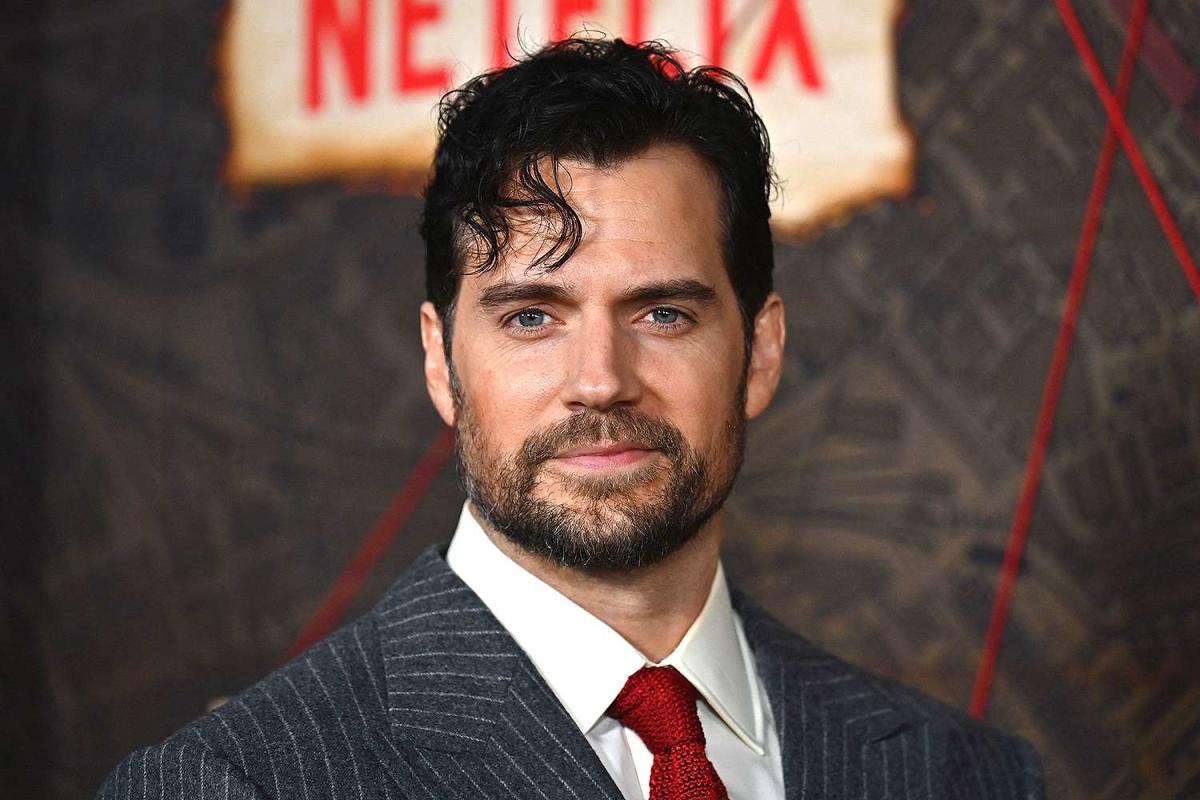Cavill’s remarks come on the heels of last year’s 𝓈ℯ𝓍 scene discourse that has largely been attributed to Generation Z.

Henry Cavill has joined the discourse surrounding a particularly controversial topic — 𝓈ℯ𝓍 scenes in film and TV.
The actor unfavorably weighed in on the topic after filmmaker Matthew Vaughn brought it up during an episode of the “Happy Sad Confused” podcast that was released Monday.
“I also don’t understand them, I’m not a fan,” Cavill said. “I think there are circumstances where a 𝓈ℯ𝓍 scene actually is beneficial to a movie, rather than just the audience. But I think sometimes they’re overused these days.”
“You’re going, ‘Is this really necessary or is it people just with less clothing on?’” he added. “And that’s where you start to get more uncomfortable. You’re thinking, ‘There’s not a performance here … which is going to carry through into the rest of the movie.’”

Although Cavill ultimately agreed that 𝓈ℯ𝓍 scenes “can be great” and “really help with the storytelling,” he said he still prefers a less-is-more approach when it comes to them.
“Most of the time the human imagination is going to trump it,” he said. “So it can be a little bit of a cop out if a TV show or a movie is just filled with gyrating bodies and you’re going, ‘OK, but what is this doing for us apart from the idea of, oh, naked person, great.’”
Cavill’s remarks come on the heels of last year’s 𝓈ℯ𝓍 scene discourse that has largely been attributed to Generation Z. A UCLA study shared in October revealed that 51.5% of respondents ages 13 to 24 wanted fewer 𝓈ℯ𝓍 scenes in movies and TV.
“As demonstrated in this report, [Gen Z has] grown tired of stereotypical, heteronormative storytelling that valorizes romantic and/or 𝓈ℯ𝓍ual relationships – especially ones that are toxic – and are looking for more representations of friendship, which is a core aspect of adolescence and social well-being,” the study said.

Gen Zers are also abstaining from 𝓈ℯ𝓍 in real life.
In 2021, the General Social Survey, a bi-annual survey conducted at the University of Chicago, found that three in 10 Gen Z males between the ages of 18 and 25, as well as one in four Gen Z women, did not have 𝓈ℯ𝓍 once in 2020.
The shift has been credited to the social isolation the COVID-19 pandemic created; others have also pointed to the overturning of Roe v. Wade as a cause.
Source: huffpost.com






